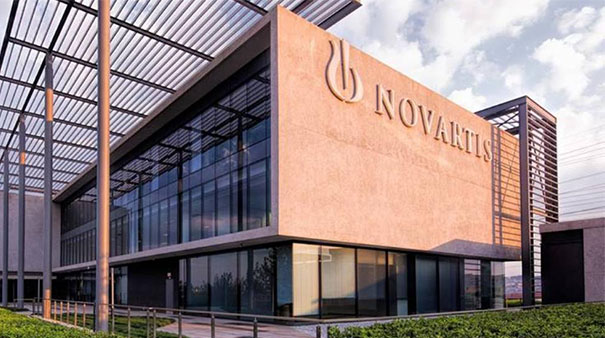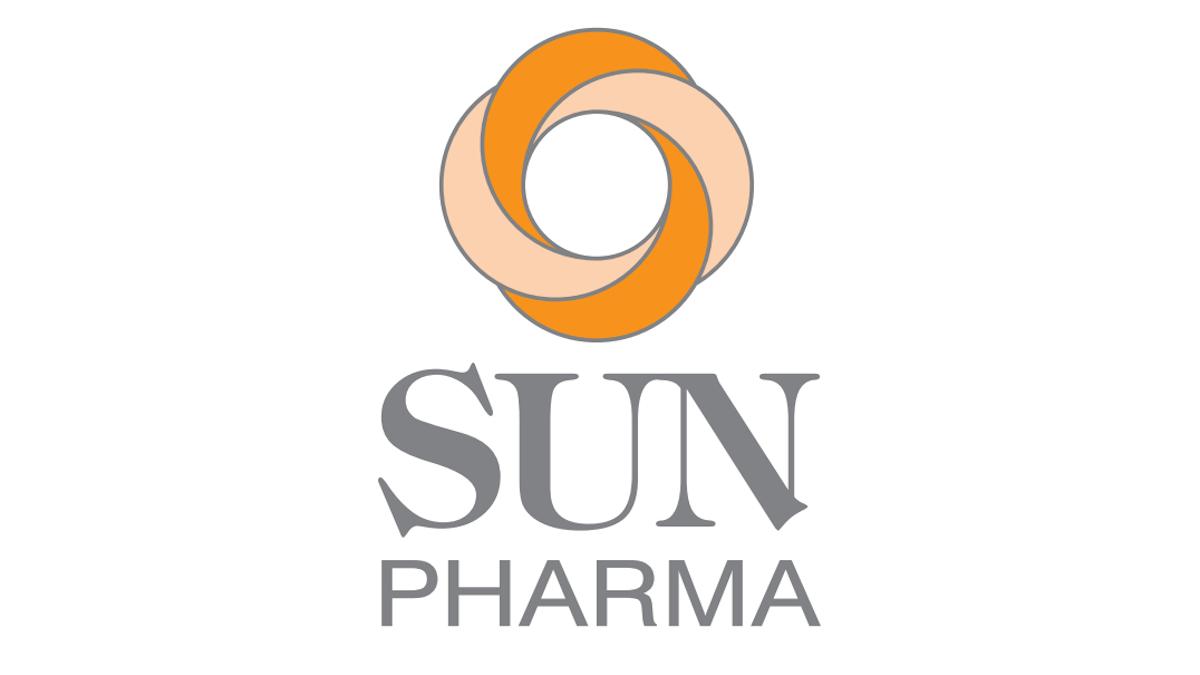Novartis set to overcome $14 billion patent cliff say analysts

Novartis’ pipeline is strong enough to overcome a $14 billion patent cliff as blockbuster drugs face generic competition in the coming years, analysts have said.
Following a briefing with management, a team of Jefferies analysts led by Peter Welford said that the big Swiss pharma will be propped up by its psoriasis and infectious diseases blockbuster Cosentyx for some time.
Although the drug has lost market share to rivals in psoriasis, there is still more to come from Cosentyx thanks to potential new uses in ankylosing spondylitis, psoriatic arthritis and six new indications.
This will be helped by a new 300mg pre-filled syringe and auto-injector have halved administrations, although there is an intravenous option for administration by doctors treating US Medicare patients.
This is supported by the company’s portfolio of other approved medicines and revenues from its Sandoz biosimilars and generics division.
In the short term, the analysts predict “flattish” Q4 sales, although they noted that the company may benefit from cost savings introduced during the COVID-19 pandemic.
Jefferies expects that the company expects sales of $14 billion could be at risk by 2027 from patent expiries of Tasigna, Promacta, Jakavi, Gilenya and Entresto.
But the analysts said that sales growth will continue despite the headwind thanks to “underappreciated” drugs in the late-stage pipeline.
Four key drugs outlined by Jefferies have combined peak potential of $14 billion – the high lipoprotein cardiovascular disease drug pelacarsen, iscalimab for organ transplant and Sjogren’s syndrome, the rare disease drug iptacopan and the leukaemia drug sabatolimab.
Other important phase 3 drugs that are due to read out are Lu-PSMA in prostate cancer and canakinumab in lung cancer.
The company’s Sandoz division will also chip in with growing sales from its portfolio of biosimilars – cut-price near-copies of established biologic drugs that have been shown to be as safe and effective in rigorous tests and clinical trials.
Uptake of biosimilars in the US has been better than hoped, perhaps aided by hospitals focusing on cost because COVID-19 has curtailed income from surgery.













